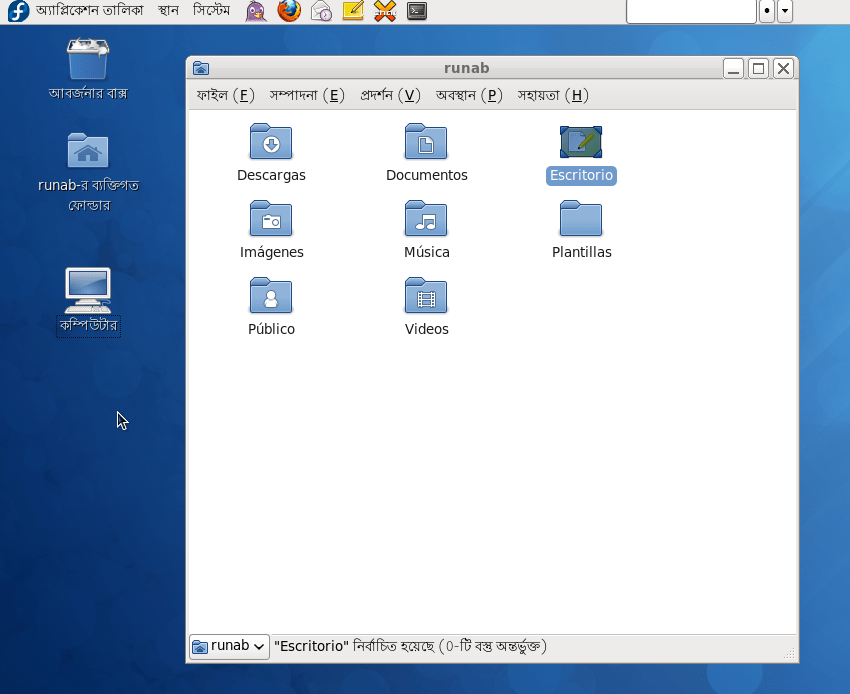My colleagues Pravin Satpute and Anish Patil have been working for sometime on a cool tool called the Indic Typing Booster. The premise for this tool is to aid users new to typing in Indian languages. Using a normal US English keyboard (i.e. the widely available generic keyboard around here) users begin typing a word in a keyboard sequence of their choice and after a couple of key presses the typing booster prompts the user with a series of words that match the initially typed in key sequences.
For instance, if the user wanted to type the word ‘कोमल’ (pronounced as: komal) in a phonetic keyboard sequence that maps क to k and ो to o, they could start by pressing ‘k’ and ‘o’ and lo and behold (no not Baba Yaga, but) a drop down menu opens up with possible words starting with ‘ को’ . From this list the user may then choose one to complete the word they had intended to type. List of words from a backend database feeds this list. Each language gets a database of its own, compiled from available text in that language. Users can add new words to the list as well.
The typing booster requires that the IBus Input Method is installed in the system. The other necessary packages to get Indic Typing Booster working are:
- ibus-indic-table
- <language-name>-typing-booster-<keymap-name> (i.e. for Bengali Probhat you would be looking for the bengali-typing-booster-probhat package)
If you are using Fedora, then all these packages can be easily installed with yum. If you are not, then the necessary information for download and installation is available at the Project Home page: https://fedorahosted.org/indic-typing-booster
Besides erasing the need for looking for appropriate keys while maneuvering through the inherent complications of Indic text, the typing booster could evolve into the much needed solution for Indic typing on tablets and smartphones.
After Marathi, Gujarati and Hindi, the Indic Typing Booster is now available for Bengali (yay!). The Bengali database is by far the biggest store so far, thanks to the hunspell list that was created through an earlier effort of Ankur. Pravin announces the new release here.
This is what it looks like.
So to write কিংকর্ত্যবিমূঢ়, I could either type r/f/ZbimwX or just press 4 to complete it.
Do please give the Indic Typing Booster a go and if you’d like to contribute then head over to the mailing list – indic-typing-booster-devel AT lists.fedorahosted.org or IRC channel – #typing-booster channel (FreeNode).


